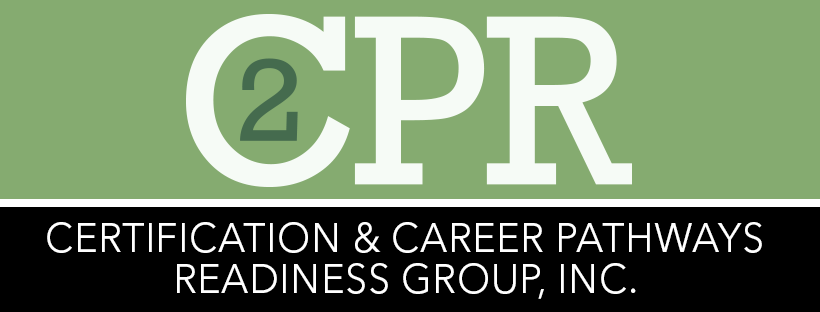Statewide K-14 Technical Assistance Providers - Career Pathways Design: A Final Report
An Overview of the Work of Technical Assistance Providers in Improving Career Technical Education in California
The California Community Colleges Chancellor’s Office has recently released a comprehensive report on the activities facilitated by its two statewide K-14 Technical Assistance Providers (TAPs) from 2015 to 2017. This report provides an overview of the work done by Angela Allison & Sean Glumace, Rancho Santiago Community College District, and WESTED in 11 regions throughout California. The purpose of the report is to offer recommendations for future work aimed at better connecting stakeholders and further improving the impact of Career Technical Education (CTE) programs on California's economy.
The TAPs were tasked with focusing on five key objectives when the Request for Application (RFA) for the Career Pathways Design grant was released. These objectives aimed to document and share experiences among CTE programs across the state and support legislative priorities to train a 21st-century workforce. The TAPs also advocated for policy shifts and stronger connections to industry to enhance the delivery of CTE through the California Department of Education (CDE) and California Community Colleges Chancellor’s Office.
One of the key contributions of the TAPs was bringing a common understanding of the definition of career pathways to each region based on federal and state definitions. Career pathways provide a clear framework for sequencing education courses, programs, and credentials that meet the skill needs of high-demand industries. The design of these pathways includes contextualized curricula, integrated basic education, occupational training (work-based learning or internships), career counseling, support services, assessments, and credit transfer agreements that ease entry, exit, and reentry while promoting credential attainment, certificate completion, and K-16 alignment.
The TAPs worked to bring together different systems, including K-12, California Community Colleges, and workforce development systems, and maximize the trend towards more cohesion across systems in state and federal pathways programs. In defining pathways in California, the TAPs established common ground across regions and facilitated discussions on initiatives and legislation, such as SB 1070, California Career Pathways Trust, the Academic Senate’s statewide Career Pathways Project, the Perkins Collaborative Resource Network (federal), and others.
The term “career pathway” refers to a combination of high-quality education, training, and other services that align with the skill needs of industries in the state or regional economy, prepare individuals for secondary or postsecondary education options, include counseling, and help individuals enter or advance within a specific occupation or occupational cluster. The California Career Pathway definition allows for flexible design that incorporates remedial programming and English as a Second Language training, and enables progressive skills development through education and training programs.
The report includes several recommendations for future work. The first recommendation is to expand the definition of who qualifies as a CTE student when data is logged into the CALPADS system to give a clearer picture of the impact of CTE statewide. The second recommendation is to leverage resources to strengthen career pathways, especially in rural areas where educators can pool resources effectively. The third recommendation is to evaluate the impact of third-party credentials and the testing process to secure these credentials over time.
In conclusion, the final report on the statewide K-14 Technical Assistance Providers for Career Pathways Design provides valuable insights into the work of the TAPs and offers recommendations for future work that will help improve the impact of CTE programs on California's economy. This report is a must-read for policymakers and practitioners looking to enhance the delivery of CTE and prepare California for the future workforce.
—————————-
About Certification and Career Pathways Readiness Group (2CPR Group):
2CPR Group specializes in bridging the gap between education and industry, emphasizing business development facilitation. Our expertise spans career pathway project development, audit preparation for federal, state, and district programs, certification solution design, grant writing and execution, as well as CTE and academic professional development. Highly skilled in industry outreach, organize field trips, industry advisory boards, site visits, tours, and more to further build connections between industry and education.
At 2CPR Group, is committed to fostering mutually advantageous relationships that drive growth and success for both education and industry partners. If you are interested in our services, please contact us.



